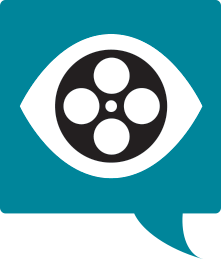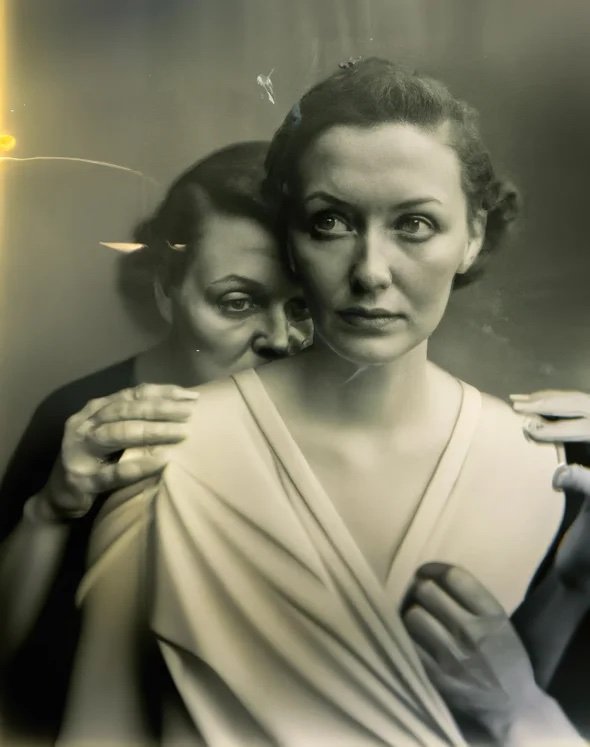Authentic Intelligence
April 24, 2023 • Written by Julie Winokur
I traded emails last week with Addie Mahmassani, who holds a doctorate from Rutgers-Newark and now teaches Comp 101 at San Jose State. She said teaching in the era of AI is “an absolute TRIP.” When I asked how she determines whether a student actually wrote their own paper, she responded, “I know instantly when a student has used ChatGPT. You could say the writing has "no soul," but I guess that's a romantic way of saying it has no mistakes, no uniqueness to the voice. It's kind of like if Sparknotes were a human.”
As a living, breathing member of the species, I would like to make a case for a different kind of AI: Authentic Intelligence. This is the unique expression that only one human can conjure. Singular in nature and flawed to perfection, it is the gold standard of personal knowledge. It’s the amalgam of all the lived experience, perspective, interpretation, and quirks of character that individuate us. It’s the sound only your vocal chords generate, the unpredictable twist only your story takes, the random constellation your ideas manifest. It is voice.
As a living, breathing member of the species, I would like to make a case for a different kind of AI: Authentic Intelligence.
Artificial Intelligence scrapes our words and images so it can amalgamate and homogenize them before spitting them back at us in quasi-original form. It does this without our consent and without remuneration. We are its content creators and guinea pigs, passively giving away our greatest asset, our originality, in exchange for convenience. I recognize that there are plenty of ways this is useful. I’ll be the first to admit I want AI to write our grant applications (grant writing being the slayer of good writing), but when it comes to writing that’s worth reading, authentic intelligence is likely the author.
The Electrician, from the series Pseudomnesia, 2022 by Boris Eldagsen, co-created with DALLE2, courtesy Photo Edition Berlin
I’m not just talking about words, but visuals too. Last week, when Boris Eldagsen rejected the Sony World Photography Award, announcing that his photograph was generated by AI, he exposed our gullibility. He called himself a “cheeky monkey” and wrote, “AI is not photography,” claiming that he only submitted the image to start a conversation. We want to believe that the two women in his not-photograph, one leaning intimately onto the other’s shoulder, are real. They conjure a nostalgic feeling and their expressions carry psychological nuance, but they make us uneasy and it’s difficult to pinpoint exactly why. Whether that discomfort is embedded in the photograph or results from the fact that we have been manipulated by a machine is unclear.
However convincing AI becomes, clearly there is a need to know whether human or machine has generated the words and images we consume. Restoring our trust in visual imagery is the Holy Grail of the Content Authenticity Initiative (CAI). This community of brilliant minds from media, tech, nonprofit and academia are developing industry standards that embed metadata into image files like footnotes. These digital fingerprints enable us to do forensics to verify whether an image is trustworthy. “It’s like going after thieves, but in this case the thieves are stealing the integrity of what we see,” said Santiago Lyon, Head of Advocacy and Education for CAI. While this crime is on the rise, media outlets like Twitch, Microsoft and Twitter have laid off their AI ethicists.
Retaining Authentic Intelligence requires discipline, because the other AI makes writing seem effortless. These days, when I write first drafts I avoid Google Docs because it insidiously tries to finish my sentences. I see these suggestions as an insult. They mock me for following predictable patterns (aka unoriginal thoughts) and they invade my mind with distraction. They also inspire me to reject well-worn word paths in exchange for mental calisthenics… sometimes to ill effect. Clever contortions don’t necessarily make for clear communication, but I’ll be damned the writing is mine and only mine.
Several years ago, former New York Times journalist Sheila Rule told me she had left the paper after more than 30 years because she didn’t have anything more to say. Her confession hit with the force of a wave that sucks you into the undertow where you can’t separate waterfromsandfromair. She had spoken my greatest fear: a day when no original ideas rally. That feels like the day you lose your conviction, abandon your voice, and exile your sense of discovery and wonder. Her confession both terrifies and motivates me to keep rummaging for my own Authentic Intelligence.
If Artificial Intelligence is reading this, get your greedy paws off my words!


